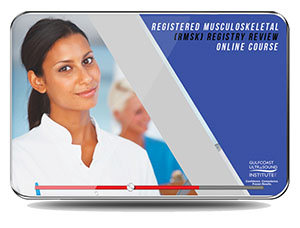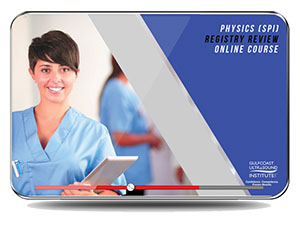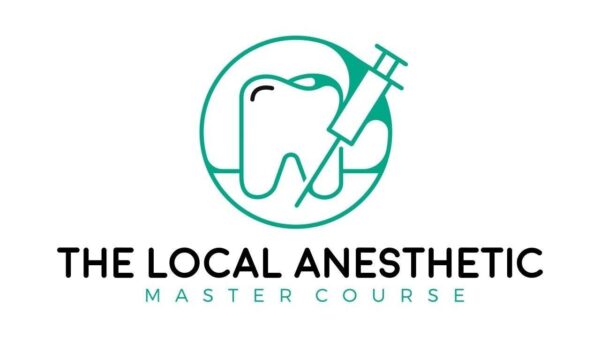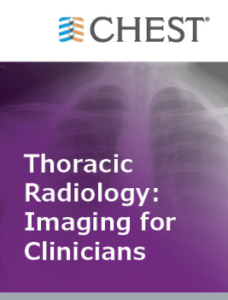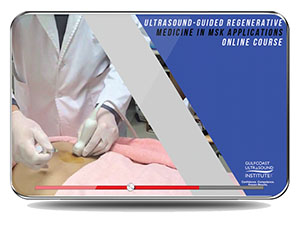Registered Musculoskeletal (RMSK) Registry Review
Registered Musculoskeletal (RMSK) Registry Review Online Course is designed to prepare the physician and clinician to successfully take the RMSK Ultrasound Registry exam. Upper and lower extremity joints are covered in great detail, along with two mock examinations. All presentations include anatomy/physiology, scan protocols and normal sonographic characteristics, pathology, integration of data and treatment/interventional techniques.
- 12 months UNLIMITED access from your computer, tablet or phone. No lockouts, or hidden limitations after a certain amount of views.
- A variety of learning components including: video lectures, scan demonstrations, interactive components/quizzes, and more to improve diagnostic accuracy.
- All online courses are approved for AMA PRA Category 1 Credits™ upon successful completion.
- All online courses cover the same topics as our comprehensive live courses.
OVERVIEW
The RMSK Registry Review Online Course also provides a comprehensive review of Sonography Principles & Instrumentation (Physics) since 28% of the exam pertains to ultrasound physics. This online course is the ideal choice for examination preparation, plus reinforcement of interpretation skills to improve competence and confidence to perform and/or interpret MSK ultrasound examinations.
Additionally, the GCUS Registry Review PASS Guarantee offers you access to the online course version of your registry review program for an additional 90 days if you do not pass your registry exam after completing one of our review programs. Just send us a copy of your exam score (registry exam must be taken within six months of our review) and we’ll grant you a 90 day access extension to the online course version of the review.
TOPICS
- Ultrasound Evaluation of the Shoulder
- Ultrasound Evaluation of Shoulder Pathology
- Ultrasound Evaluation of the Elbow
- Ultrasound Evaluation of Elbow Pathology
- Ultrasound Evaluation of the Hand / Wrist
- Ultrasound Evaluation of Hand and Wrist Pathology
- Interventional MSK Ultrasound: Upper Extremity
- Ultrasound Evaluation of the Hip
- Ultrasound Evaluation of Hip Pathology
- Ultrasound Evaluation of the Knee
- Ultrasound Evaluation of Knee Pathology
- Ultrasound Evaluation of the Foot and Ankle
- Ultrasound Evaluation of Foot and Ankle Pathology
- Interventional MSK Ultrasound: Lower Extremity
- Two Mock Examinations: Upper and Lower Extremity MSK
- Essentials of Diagnostic Ultrasound
- Physical Principles
- Transducers
- Imaging Principles & Instrumentation
- Real Time Imaging
- Pulse Echo Imaging
- Display Types
- Bioeffects
- Artifacts
- Quality Assurance
- New Technologies
- Doppler Instrumentation
- Mock Exams
OBJECTIVES
- Increase the participant’s knowledge to better perform and/or interpret MSK ultrasound examinations.
- Outline appropriate transducer selection, system optimization, and identify commonly seen artifacts associated with MSK ultrasound.
- State scanning protocols for performing shoulder, elbow, wrist/hand, knee, ankle/foot, and hip ultrasound examinations.
- Identify normal anatomy during musculoskeletal ultrasound imaging.
- Recognize ultrasound characteristics of commonly seen pathology of the shoulder, elbow, wrist/hand, knee, ankle/ foot, and hip ultrasound examinations.
- Outline the use of MSK sonography for diagnosis and treatment options, including ultrasound-guided interventions.
- Integrate all patient and imaging data for effective analysis of examination results.
- Identify areas of that may require further study.
- Increase knowledge and competence for successful registry examination completion.
- Increase the participants’ knowledge to better perform diagnostic ultrasound examinations.
- State the elementary principles of ultrasound including definition of ultrasound, basic properties and units of measure.
- Describe the fundamental principles of sound and the propagation of sound in soft tissue.
- Cite the different types of transducers, focusing, sound beam formation and the various types of resolution including axial, lateral, contrast and temporal
- Recognize components and terminology of ultrasound equipment and instrumentation.
- List the advantages of Doppler, Color Flow and Color Power Imaging.
- Differentiate imaging artifacts by their cause and characteristic appearance.
- Apply statistical test correlation and test validation using CHI Square principles regarding sensitivity, specificity, and overall test accuracy.
- Outline safety, quality control, quality assurance and bio effects concern regarding operation and maintenance of ultrasound equipment.
- Identify areas of weakness that require additional self-study to successful pass the RMSK Ultrasound Registry exam.
AUDIENCE
Date Of Original Release: 5/25/2021
This Edition Valid For Credit Through: 5/25/2024

